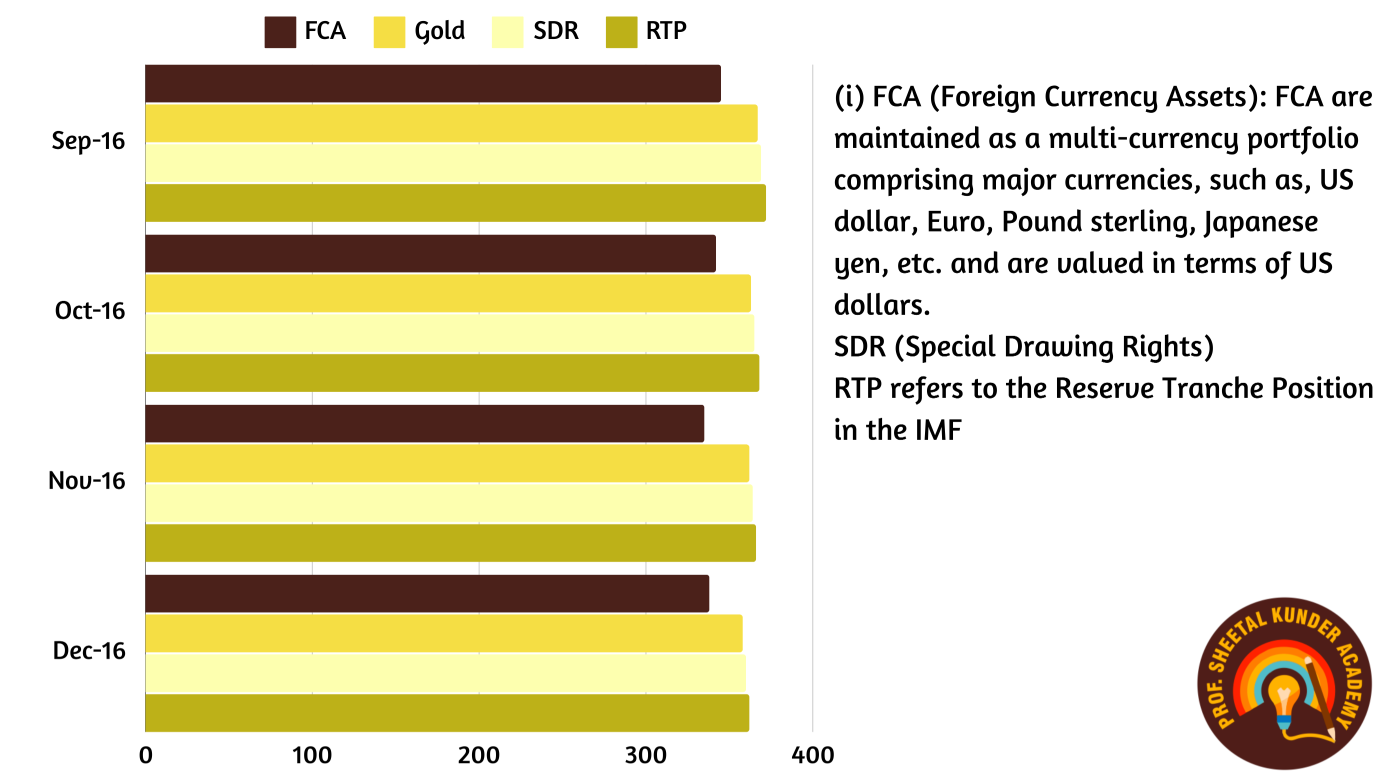A Record Dividend from RBI: Boosting India's Fiscal Stability
The record ₹2.11-trillion dividend for FY24 announced by the Reserve Bank of India (RBI) has created waves across the country. This substantial amount, which the RBI is set to transfer to the government, is the highest dividend ever paid and marks a 140% increase over last year’s dividend payout of ₹87,416 crore.
This monumental dividend will be a significant gift for the new government that will take office after June 4th. It is expected to help the government meet its fiscal deficit target of ₹17 trillion for FY25, offering a robust boost to the economy. In the interim budget presented in February, the Finance Minister had estimated a dividend of ₹1 trillion, but the actual amount is more than double this estimate.
How Does RBI Earn Its Income?
RBI’s impressive income of ₹2.34 trillion for the fiscal year 2023-24 has enabled this record dividend. Let’s delve into how the RBI generates this income:
Interest from Government Securities: The largest chunk of RBI’s income comes from the interest earned on government securities. The government issues these securities to fill its fiscal deficit, and a significant portion is purchased by the RBI. The interest earned on these securities forms a major part of the RBI's revenue.

Foreign Exchange Reserves Management: RBI manages and maintains India’s foreign exchange reserves. These reserves are invested in US Treasury bonds and other assets. The interest earned on these investments is another crucial source of income for the RBI.

Loans to Commercial Banks: As the banker’s bank, RBI provides loans to commercial banks. The interest charged on these borrowed funds contributes to the RBI’s income.


Currency Management: When the RBI prints and issues currency, the difference between the face value of the currency and the cost of printing it is known as seigniorage or minting profit. This also forms a part of the RBI’s revenue.
Fees and Commissions: RBI charges fees and commissions for various services provided to financial institutions and governments (both state and central). These services include managing public debt, clearing and settlement services, and conducting open market operations.
Impact on India's Fiscal Health
This record dividend is poised to have a significant positive impact on India's fiscal health. With the government receiving such a substantial amount, it can better manage its fiscal deficit and possibly even reduce its borrowing needs, leading to lower borrowing costs. The increased resources will also allow for enhanced expenditures or sharper fiscal consolidation, providing a much-needed boost to the economy.
In summary, the RBI’s record dividend not only underscores its robust income-generating mechanisms but also highlights its critical role in supporting the government's fiscal stability. As we look forward to the new government’s utilization of these funds, it is evident that this substantial financial boost will be pivotal in shaping India’s economic landscape in the coming year.




